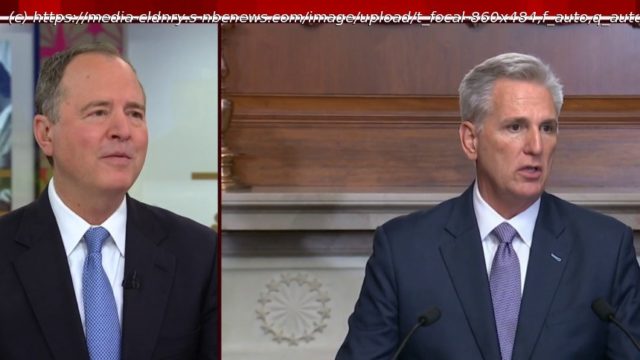Kevin McCarthy avoided a government shutdown by putting up a bill that Democrats could support. That he did so at the risk of his speakership is more than I expected of him.
House Speaker Kevin McCarthy, R-Calif., owes me financial compensation for the amount of whiplash he put me through this weekend. After 16 years in Washington, almost all of which have been spent in House leadership, he should have known good and well that, given the intransigence of his caucus’s far-right flank, the only real solution to avoid a government shutdown was to put up a bill that Democrats could support. That he finally did so at the risk of his speakership is more than I expected of him — and it previewed a possible shift in McCarthy’s approach to his particular dilemma.
For weeks now, as a shutdown grew more and more likely, the only strategy that McCarthy had pursued was to pass long-term funding bills with exclusively Republican support. With a narrow majority and a slew of members in open revolt, the drafts that came to the floor were packed with deep cuts to federal spending and policy riders to appease the far-right flank of his caucus. This strategy was meant to show a unified Republican front when the time came to negotiate with President Joe Biden and the Democratic-controlled Senate on final versions of the bills.
That was the idea (in theory, anyway), but that theory was based on a fundamentally flawed assumption: that McCarthy’s future success hinged on a negotiation in which these bills passed the House with only Republican support; in which Democrats conceded to all the provisions that brought the conservative Republicans on board; in which Senate Democrats held their nose and voted to fund the government at deeply reduced levels; and in which Biden didn’t use his veto. In other words, a total victory for McCarthy and the far right.
I can’t overemphasize how much of a pipe dream McCarthy’s original sad excuse of a plan was, even before this weekend. It’s true that the House has passed more long-term spending bills than the Senate (four as of Monday afternoon to the Senate’s none), but it’s a hollow victory.






